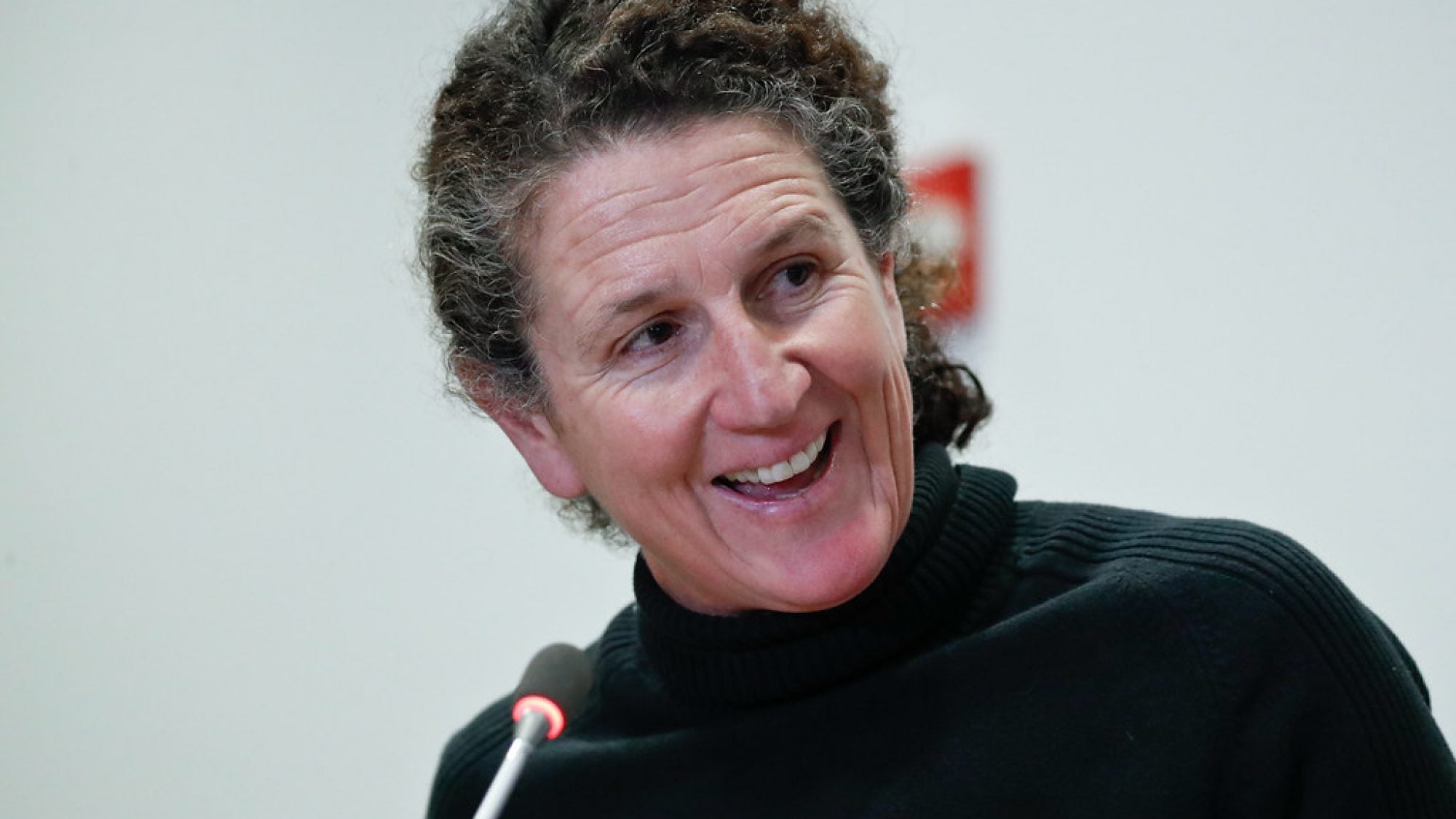Let us shift towards the big picture. In your view, how well has gender equity progressed or regressed in the past twenty years since the Beijing 1995 conference? What are some of the biggest factors that have contributed to this progression or regression?
It is difficult to make a simple bottom-line assessment. Clearly, there has been progress in some areas like education, some aspects of sexual and reproductive health, and reductions in fertility. The opening up of economic opportunities in a number of countries, increasing engagement and effectiveness of civil society, and collective voices have all been important advances. On the other hand, violence is still pervasive, and women are still mainly doing stereotypical low paid occupations in too many places. The glass ceiling is still in place; fewer than about five percent of CEOs are women.
I think it is important to look at the range of different dimensions, economic, social, political justice and security. There is no single dimension which fully captures the situation of women and girls around the world.
I also think it is very important to focus on the needs and constraints of the most marginalized women, like those who are poor, who come from ethnic or sexual minorities, and so on. While things may get relatively equitable for women coming from more privileged backgrounds, there are a whole host of barriers facing women, particularly poor and minority women. Actually, in the more recent report that we published for the US Women, Peace, and Security Index, we documented the barriers facing African American and Latina women in the United States.
Overall, I think we are in a time of significant change. There is probably less progress than one might have expected, but it means that we have to continue to focus to advance the agenda to accelerate progress.
Over the past couple of years, there has been a sharp rise in strongman politicians from the United States, Philippines, to even Poland. How large of a threat do they pose to women’s advancement?
I think it is very significant. We also have more general backlash, which in some cases these strongmen are reflecting. There are certainly legislative reversals. For example, in the United States, limiting access to reproductive health and abortion services is a real diminution of women’s choice and agency. In other countries as well, there have been direct actions with major repercussions. I think symbolically as well, in terms of the atmosphere and culture, it sets an extremely bad precedent. I think we are all looking for role models, particularly for the young, to set an example on behavior, language, etc without necessarily mimicking them. Those which are being constantly breached in public life and by national leaders are a real threat.
What are your recommendations to female activists on the ground or policymakers who are trying to advance gender equity?
Keep up the great work! Look for tangible areas of progress. Women activists are doing a whole range of things, like providing direct services, supporting others, working in advocacy, and policy reform. All of those are very important.
One suggestion would be to consider the potential for coalitions and for broader groups to create change. The other thing I would say is to include diverse voices as well; so in the United States, bringing together racial and gender justice is very important and very powerful. Think about the commonalities and the synergies across the genders, so it is not just seen as a women’s issue.
Is there anything else you would like to share or any other recommendations that you want people to know?
I would certainly encourage people to glance over the report if they are interested. I think it provides quite a good synthesis of both progress as well as what needs to be done. And for anyone who is interested in the United States, in particular, a more recent US Women Peace and Security Index estimating the status and rights of women for all fifty states plus Washington DC, as well as racial and other angles, is an interesting thing to read.
. . .
Dr. Jeni Klugman is Managing Director at the Georgetown Institute for Women, Peace and Security. She is currently a member of The Lancet Global Commission on Gender and Health and advising VicHealth, Australia to bring behavioral insights to advancing gender equality. Dr. Klugman’s previous positions include Director of Gender and Development at the World Bank, fellow at the Kennedy School of Government’s Women in Public Policy Program at Harvard University, and director and lead author of three global Human Development Reports published by the UNDP.



